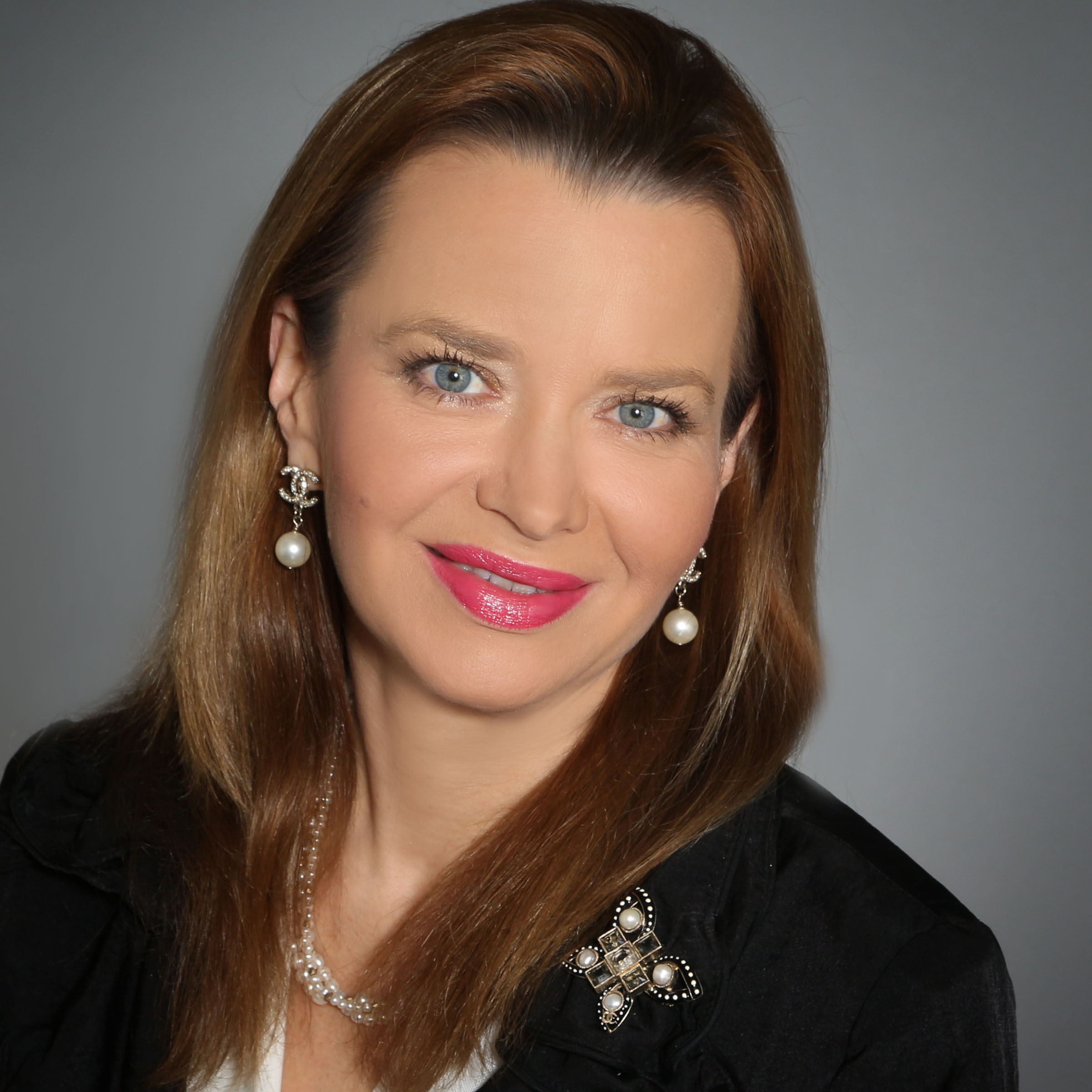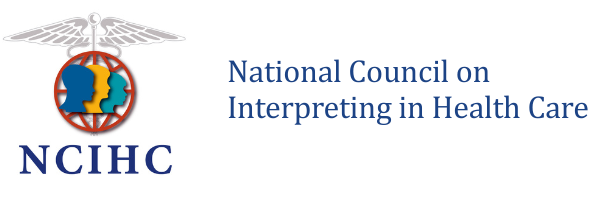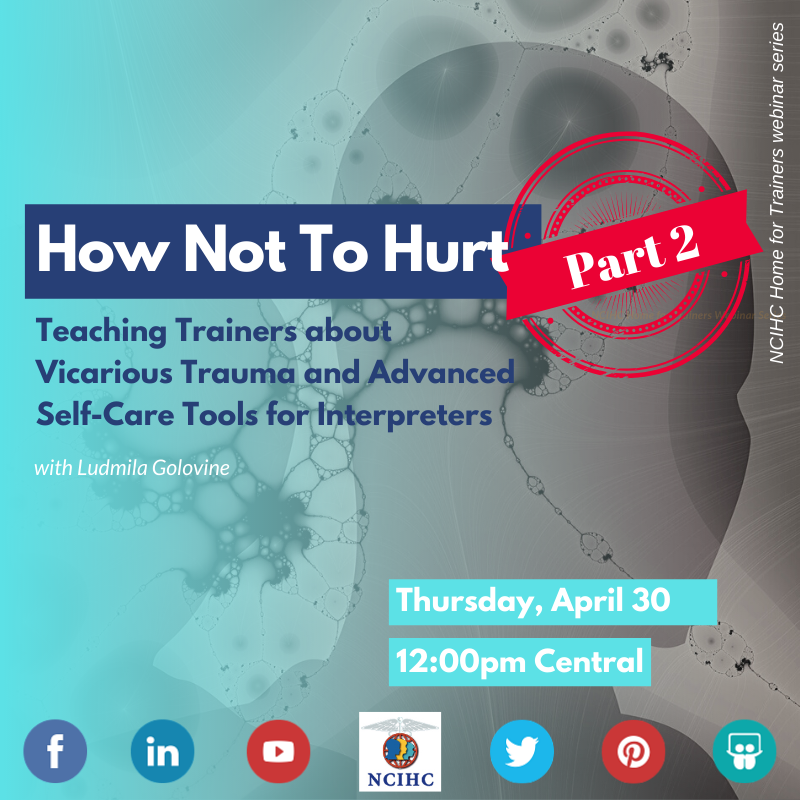How Not to Hurt Part 2: Teaching Trainers about Vicarious Trauma and Advanced Self-Care Tools for Interpreters
In the second segment of this two part series, Ludmila “Mila” Golovine, Founder, President & CEO of MasterWord and an interpreter herself, will further address vicarious traumatization not from a scientific but from an insider’s point of view - as a representative of a profession that is vulnerable to this type of trauma. Professionals working in healthcare, in court, in jail, with refugees, with child protective services, with victims of abuse, or in war zones most likely experienced high levels of stress, suffered vicarious trauma, or felt vulnerable during their everyday work. However, there are limited resources specifically available for interpreters. Participants will be provided with additional practical tools from various sources that have been specifically adapted to help interpreters prevent and/or mitigate the effects of vicarious trauma before, during and after difficult interpreting encounters.
Webinar attendees are encouraged, but not required, to view the recording of the previous webinar on this topic: How Not To Hurt: Teaching Trainers about Vicarious Trauma and Interpreter Self-Care
Learning Objectives:
- Identify the potential impact of vicarious trauma on work performance and quality of life.
- Identify a variety of practical tools that can be used by interpreters to mitigate the effects of Vicarious Trauma and stress before, during and after the encounter.
- Develop a network of support.
About the presenter:

Ludmila Golovine is President/CEO of MasterWord Services, Inc., a global language solutions company that embodies Golovine’s commitment to doing business with heart. As part of her commitment to wellness and mindfulness, she serves on The Jung Center’s Advisory Board of the Mind, Body and Spirit Institute and integrates both practices throughout MasterWord’s operations. As a professional interpreter, Golovine knows first-hand how interpreting, especially in the healthcare, social services, education, and legal arenas, may present challenges such as compassion fatigue and vicarious trauma. For the past 10 years, she has applied her skills as a Certified Neuro-Linguistic Programming Practitioner and a Trained Demartini Method Facilitator to tirelessly help promote health and wellness to those in the language services industry, decrease burnout and increase longevity in this profession. Her speaking engagements among others include: University of Texas at San Antonio; Association of Language Companies, International Medical Interpreters Association, American Translators Association, TAHIT Educational Symposium; MD Anderson Cancer Center; Parkland Health and Hospital System; Certification Commission for Healthcare Interpreters; Children’s Health System of Texas.
|




